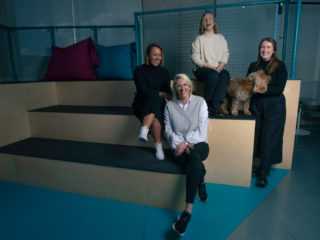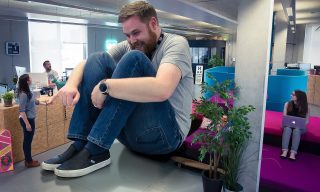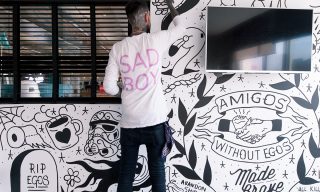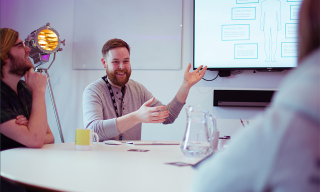We have some incredible women at MadeBrave, and we asked them about their experiences, specifically in the creative industry.
“Conversations would often be directed at my male partner. So much so that an early piece of advice from our (only) female Creative Director was how my partner could bring me into the conversation – by directing his eye contact to me. A thick skin was and still is a necessity it seems.”
– Paloma Pini-Reed, Creative Director
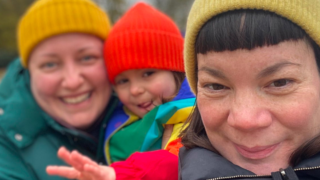
“I’ve spent years in my career being the only woman in the studio, and even when that started to change, you still had to take on a very male attitude to be heard. Hence I learned quite quickly the benefit of going by my shortened name, Nic. Being gender non-specific gave me advantages at early stages of enquiries via email. Something I still stand by to this day.”
– Nic McCrossan, Creative Services Manager
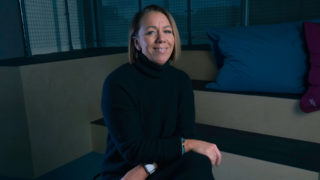
We do our bit to hack away at these issues, by working to make our part of the creative industry more equitable and inclusive for women:
- We collaborate with female artists.
- We create more opportunities for women coming into the industry.
- We support parents with more flexible working policies, including increased maternity, paternity and adoption.
But while there’s lots that can be done to drive gender equity in the workplace, the reality is that even after these changes are put in place, the bigger problem still remains.
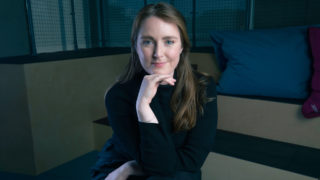
Women can, and do, take actions to combat the patriarchy every day. We challenge poor behaviour. And help each other push past barriers. Our Comms Planner, Heather Robertson, shares a great example of this:
“Becky Paskin and Millie Milliken set up a foundation called the Our Whisky Foundation. They work to integrate more women into the notoriously male-dominated whisky industry. They have a mentorship program for women who want to work in the industry. And it’s making a difference in women’s lives, giving them the support to find new jobs, get pay raises and win awards. When women lift up other women in a deliberate, considered way, amazing things can happen.”
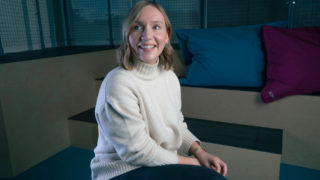
But the work can’t stop there. It takes everyone, of every gender, to achieve long-lasting change. Emma Houston, our Head of Comms Planning, highlights the importance of self-awareness as a way forward:
“I’ve worked with some incredibly talented women – managers, peers, and members of my own team – and it’s so invigorating being able to extend a hand and see women progress alongside each other.
But gender inequality isn’t just a women’s problem, it needs everyone to call out poor behaviour and recognise how seemingly small actions, even if unintentional, can create an environment that doesn’t feel inclusive or psychologically safe. And this all starts with self-awareness.
In a male-dominated meeting where getting a word in is proving tough? Bring your female colleague into the conversation. Getting introduced to new colleagues or clients? The guy’s hands don’t have to be shaken first. A female leader with a softer style of management? Embrace it and be open to a different style of leadership.”
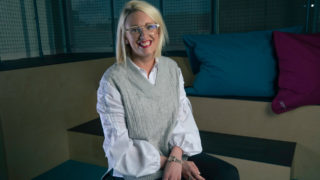
And if you’re a brand wanting to do better when it comes to promoting gender equity, our Senior Account Manager, Fiona McLachlan, has some insights to share:
“Authenticity is so important. Consumers will see straight through the tokenism and pandering on International Women’s Day. Instead, brands should focus on promoting real change. Partnering with organisations that are actively working towards equality is a great way to do this. By collaborating with these organisations, brands can help to drive change and support gender equality initiatives in their communities.”
Yes, gender inequality is a mighty problem. But it’s not an impossible one to solve.
And we can crack it, together.
